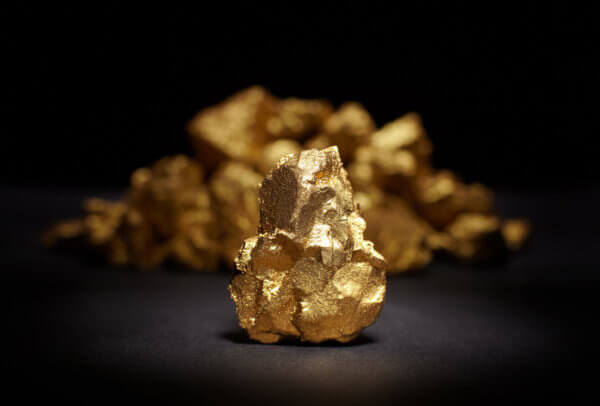Is “clean” tomorrow's gold standard?

Clean gold, dirty gold: the distinction, which regrettably isn't purely rhetorical, is impossible to ascertain from finished products "It's no secret that in many cases the origin of gold poses considerable problems," declared Mark Pieth, a professor of criminal law at the University of Basel and author of Gold Laundering, in his introduction to Basel Gold Day Mounting pressure from consumers who are increasingly concerned with corporate social and environmental responsibility suggests that the power to influence luxury giants, and move the needle towards a responsible gold industry, lies with the end customer.
Environmental concerns surrounding gold mining therefore cannot be overlooked: a gold watch represents 150 metric tons of toxic waste, much of which ends up polluting the environment, while each metric ton of gold extracted produces 30,000 metric tons of carbon dioxide emissions, the same as 12,000 return flights between Paris and New York, according to data gathered by Ethiwork So much for the reports; what is the sentiment among professionals in the industry? Andreas Schuler, who deals with precious metals at Basler Kantonalbank, says his customers are increasingly concerned with the traceability of gold "We're talking about pension funds that were admittedly slow to respond to matters relating to clean gold but, once convinced, have made considerable progress for the products we propose.
In Switzerland, the Max Havelaar Foundation paved much of the way." Guya Merkle is the founder of sustainable jewellery brand Vieri Fine Jewellery and of the Earthbeat Foundation, as well as the initiator of World Gold Day Gold Essentials* is one of the training programmes developed by FHH Sustainability, whose courses are designed to support the watch and jewellery industry in a continuous improvement process, based on the belief that knowledge is the key to competency. . Source